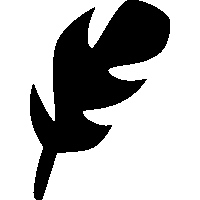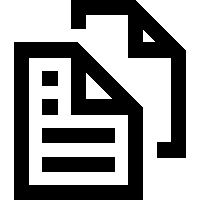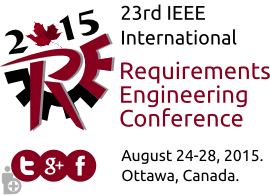*The call for industry papers is closed. Information on the accepted papers can be found here.
The IEEE International Requirements Engineering Conference (RE'15) is the premier international forum for industrial practitioners, researchers, educators, and students to present and discuss the most recent innovations, experiences, and concerns in the discipline of requirements engineering.
We invite both Industrial practitioner contributors and researchers with significant Industry experience to highlight challenges you've experienced in your work and discuss ideas and new innovations in the field of requirements engineering with fellow practitioners and researchers alike. You will have the opportunity to share interests and expectations and influence the development of the field. RE'15 will give you the opportunity to join the global network of requirements engineering experts across industry and academia.
Topics of Interest
The RE'15 theme is Requirements FOR the Masses, Requirements FROM the Masses. We thus particularly encourage accounts of innovative work being done in industrial practice on massive scale. Contributions addressing all aspects of requirements engineering and business analysis in industrial, governmental, or any practical context are also welcome.
Topics include, but are not limited to:

Pragmatic requirements engineering: process efficiency, good-enough requirements, agile and lean approaches

Collaboration with stakeholders: stakeholder management, creativity, requirements elicitation and negotiation, and crowdsourcing

Large-scale requirements engineering: complex systems, product lines, value chains, software ecosystems, agile and lean practices at scale

Requirements specification: natural language, model-driven approaches, formal techniques

Requirements engineering for user experience, including ethnography, design, and usability

Creativity, innovation, and requirements engineering

Global requirements engineering: dealing with geographically-dispersed, and culturally-divergent requirements efforts

Performance improvement: best practices, measurement, process development

Industry and research collaboration: learning from practice, training practitioners, technology transfer

Tools for requirements engineering: requirements modeling, requirements management, social networks
Contributions
We invite original submissions of high quality papers in two categories:
- Problem statements present problems or challenges encountered in practice.
- Experience reports present successes or failures encountered in practice.
Papers can be submitted as follows:
- Full papers (not to exceed 10 pages) will appear in the IEEE digital library and be presented by the authors.
A mentoring program is available for practitioners new to authoring and submitting papers to conferences. For information about this program, please email Industry Committee Co-Chair Sarah C. Gregory.
All submitted papers will be evaluated through a competitive peer-review process. Accepted papers may, in the judgment of the reviewers and track co-chairs, require editing for clarity prior to publication and presentation.
In order to support you in the paper writing task, we have devised generic "how-to" guidelines for paper writing. This guideline is by no means perfect, and might not fit all types of papers, but can be used as inspiration for the more experienced, and as more of a guide for the inexperienced paper writer. Click here to view the guide (PDF format).
Submission Instructions
Papers must describe original work that has not been previously published or submitted elsewhere. Submissions must be written in English and formatted according to the IEEE formatting instructions.
Submission Link
Click here to submit abstract and full paper.
Key Dates
| Abstract Submission | Monday, March 2, 2015 |
| Full Paper Submission | Monday, March 9, 2015 |
| Paper Notification | Monday, May 18, 2015 |
| Camera Ready Due | Friday, June 19, 2015 |
The partial "deadlines" was not found, as such it will not be rendered.
Contact
Any inquiries regarding the industry track can be directed to the co-chairs of the industry track: The partial "chair" was not found, as such it will not be rendered. The partial "chair" was not found, as such it will not be rendered.
Entypo pictograms by Daniel Bruce - www.entypo.com
DefaultIcons by interactivemania - www.interactivemania.com






